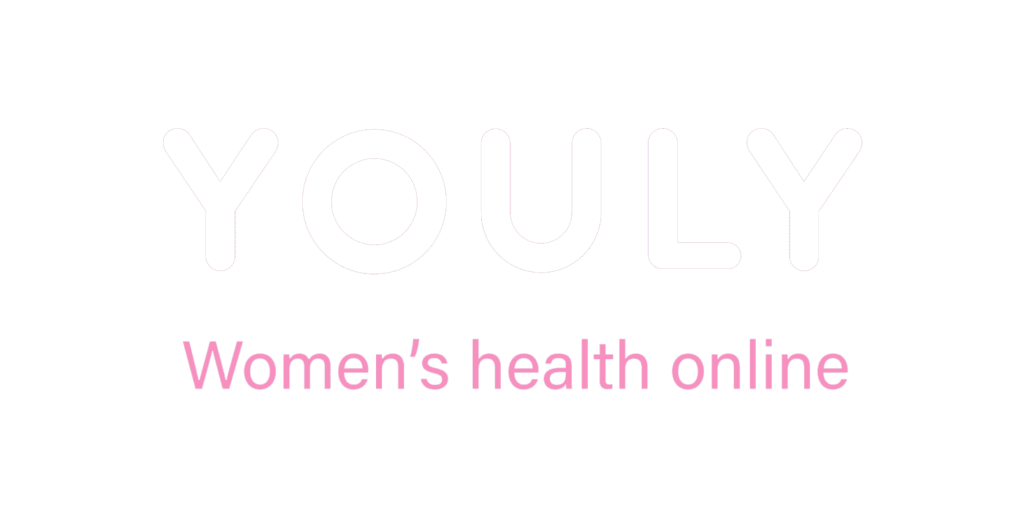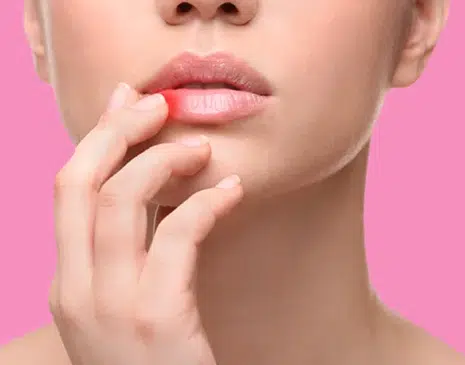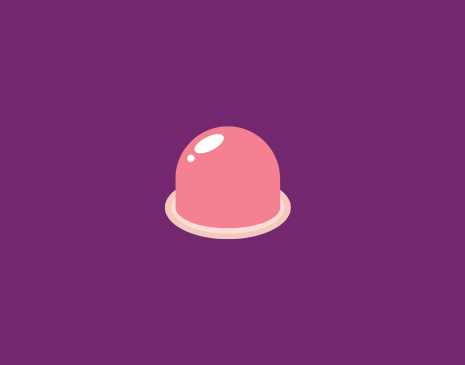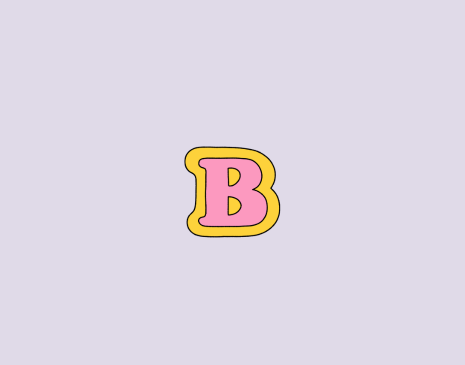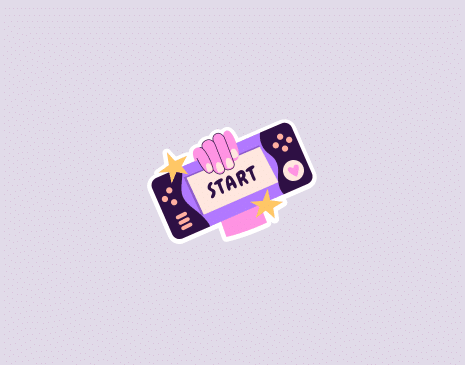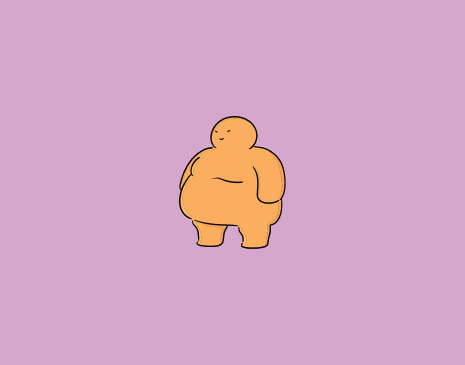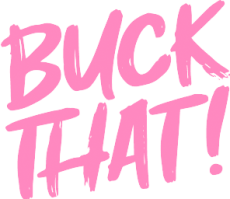Cold sores can range from annoying embarrassments to painful eyesores.
Understanding what causes them can help you feel better about them while knowing about the signs and symptoms can prepare you to treat them effectively.
So, how do you get cold sores? Let’s unpack this.
In this article, we look at:
- Cold sore causes
- Cold sore triggers
- Signs that a cold sore is coming
- Cold sore symptoms.
Not sure if you actually have cold sores? Read our other article first: What Is a Cold Sore?
What are cold sores caused by?
Cold sores are ultimately caused by the herpes simplex virus (type 1), a highly transmittable and lifelong virus that affects approximately 75% of Australian adults. While all cases of cold sores are a symptom of herpes, not everybody with herpes experiences cold sores. In fact, many people never have an outbreak and so don’t even realise they have the virus.
Why do I get cold sores?
You have, at some point, had skin-to-skin contact (e.g. kissing or oral sex) with someone who has herpes. You can also get infected with herpes by sharing cutlery, towels or drink containers with somebody who has the virus.
What triggers cold sores?
While herpes is the root of all cold sores, there are several factors that can increase the chance of experiencing an outbreak. According to Mayo Clinic, some common cold sore triggers include:
- Hormonal changes (e.g. during your period)
- Stress, anxiety, and tiredness
- A fever, cold, or viral infection
- Changes to your immune system
- Injuries to your facial skin
- Being exposed to excessive sunlight or harsh winds.
While one of these physical, psychological or environmental factors is sometimes to blame, cold sore triggers vary from person to person. This means not all these triggers will necessarily affect you.
Signs of a Cold Sore
Many people experience a tingling sensation around their mouth about 1 day before a cold sore emerges. Some people also experience a slight burning feeling or itchiness along with the tingling. This unexplained tingling is the only real warning sign that you’re about to have a cold sore appear.
Cold Sore Symptoms
Following the tingling sensation, your cold sores will develop as small blisters. These will crust over and fade over time.
According to Health Direct, these blister-like spots can also be accompanied by other cold sore symptoms such as:
- A sore throat and swollen glands
- Fever and headaches
- Nausea
- Dehydration
- Pain and/or swelling in the mouth.
Cold sores are never a fun time, whether they’re actually painful or just unsightly. While there’s no cure for the herpes virus, there are treatments available to alleviate your symptoms and reduce the severity of your outbreaks. Discover how YOULY can help with your cold sores here.
